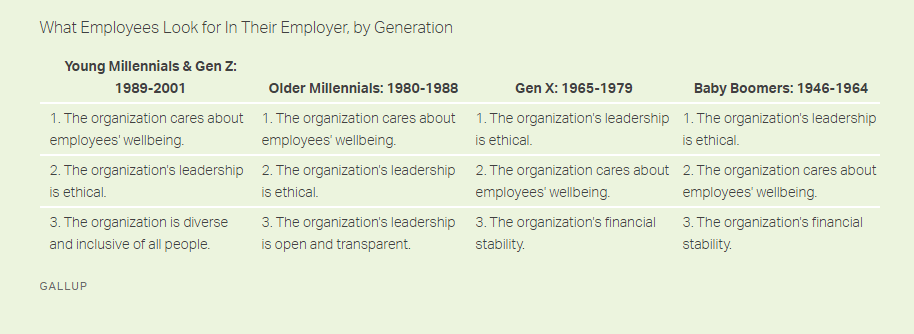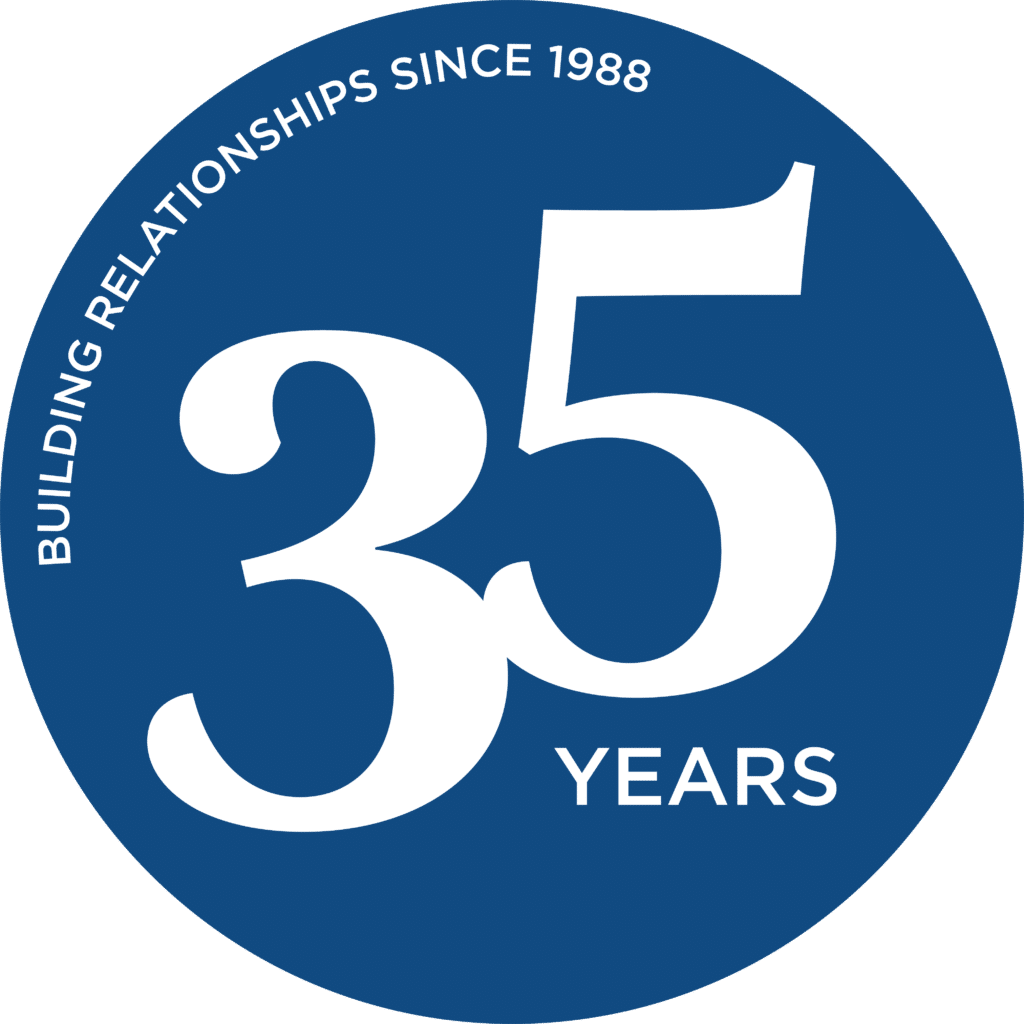“Lazy,” “entitled,” “social-media obsessed,” “soft” – those are just some adjectives that have been used to describe Generation-Z. Like every generation before them, Generation Z (Gen Z) is no stranger to subjective generalizations brought upon them by older generations. Though, don’t let the stereotypes fool you – while Gen-Zers are statistically the most educated and diverse generation in U.S. history, they are also the least professionally experienced compared to previous generations at the same age.
Born between 1997 and 2002, Gen Zers make up summer interns, college students, entry-level professionals, and some graduate students. To effectively understand and prepare for Gen Z to fully enter the workforce, we must dive into what they look for in an office environment, recognize their working style, and appreciate the values this generation will bring to the workforce that will influence the future of work.
Understanding Generation Z
Born into an age of rapidly growing technology, Gen Z is the first generation to have experienced the way smart technology can provide alternative solutions for collaborative environments. With a constant presence of technology, this generation has been given the ability to become more educated, more entrepreneurial, and have a better understanding of what they want. This means more mission-driven work; knowing they are making an impact is what will drive them. According to Deloitte, “If given the choice of accepting a better-paying but boring job versus work that was more interesting but didn’t pay as well, Gen Z was fairly evenly split over the choice.” Take a look at figure one below, a chart provided by Deloitte, to understand the differences each generation looked for in a company.

The reality of the situation is that it’s not all free avocado toasts and nap rooms. Similar to generations in the past, Gen Z cares about transparency, diversity, and mission-driven work. They want to know they are being taken care of and have a future with a company.
Reality of Gen Z in the Workforce
Gen Z is entering the corporate world with strong and impressive education and ambition, though less working experience. A generation that witnessed the consequences of the great recession as children, and many who’ve had their first corporate experiences interrupted by a global pandemic, Gen Z is less than enthusiastic by the hierarchical and traditional “corporate America” environment. So, what is Gen Z looking for and how can we attract and retain that talent?
- Maintain a work-life balance: Referred to as “the loneliest generation,” Gen Z has started to break down the stigma behind mental health. Having a work-life balance will help keep morale high and burnout low.
- Human interaction: Gen Z seeks a collaborative, human environment and wants some form of face-to-face interactions at work, with technological needs woven into that interaction.
- Frequent feedback from managers: In order to keep productivity afloat, Gen Z values feedback of any kind from managers. This provides direction and an understanding of how to work on themselves professionally and personally. Feedback has historically been provided just a few times per year – Gen Z has a need to want more and to learn more.
- View of failure: 80% of Gen Zers have viewed failure as something to embrace and used as a vehicle to grow. A common misconception is that Gen Z is sensitive and can’t handle criticism. However, through their experience growing up with technology, they are able to understand what it means to learn and grow. Gen Z finds an experience with failure helps with innovation and learning a new project.
Bottom Line
The workforce is always progressing, but the values Gen Z is bringing in – such as passion for diversity and transparency – will push companies to either progress or risk losing educated and hungry talent. Investing time into training and understanding Gen Z and providing helpful feedback will go a long way in retaining Gen Z talent. While less experienced, Gen Z is hungry for success and wants the opportunity to grow; they know what they want and will take the steps needed to achieve their goals.



